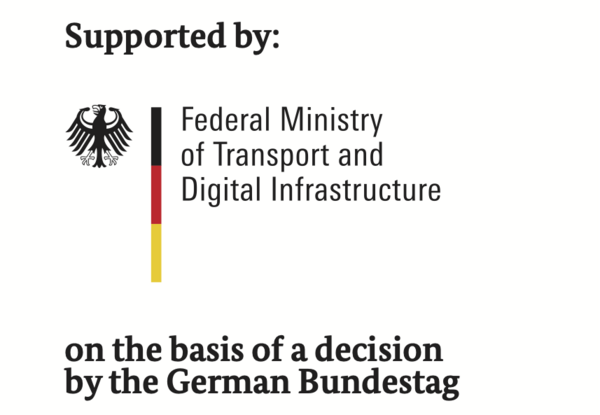Cape Reviso is developing planning and decision support tools for the analysis and reduction of conflicts between cyclists and pedestrians, and for supporting urban design and traffic planning. Combining methods from machine learning, sensor technology, network analysis and virtual reality in digital twins, the project will provide data analyses and simulations that offer an evidence-based platform for decision-making. By implementing digital twins early in planning and decision-making processes, the approach improves the integration of different expertise in collaborative and participative processes, and thereby aims to improve the perceived and real safety of road traffic and public space.
A work package led by HLRS will integrate a variety of methods that build on each other or are mutually dependent. This includes developing innovative approaches using machine learning, scenario-based driving simulation, and digital twins in virtual and augmented reality. The goal is to develop a set of methods in which the above-mentioned key technologies are used in a closely interlinked approach in order to achieve an improved basis for decision-making in the planning of traffic junctions and traffic guidance.

